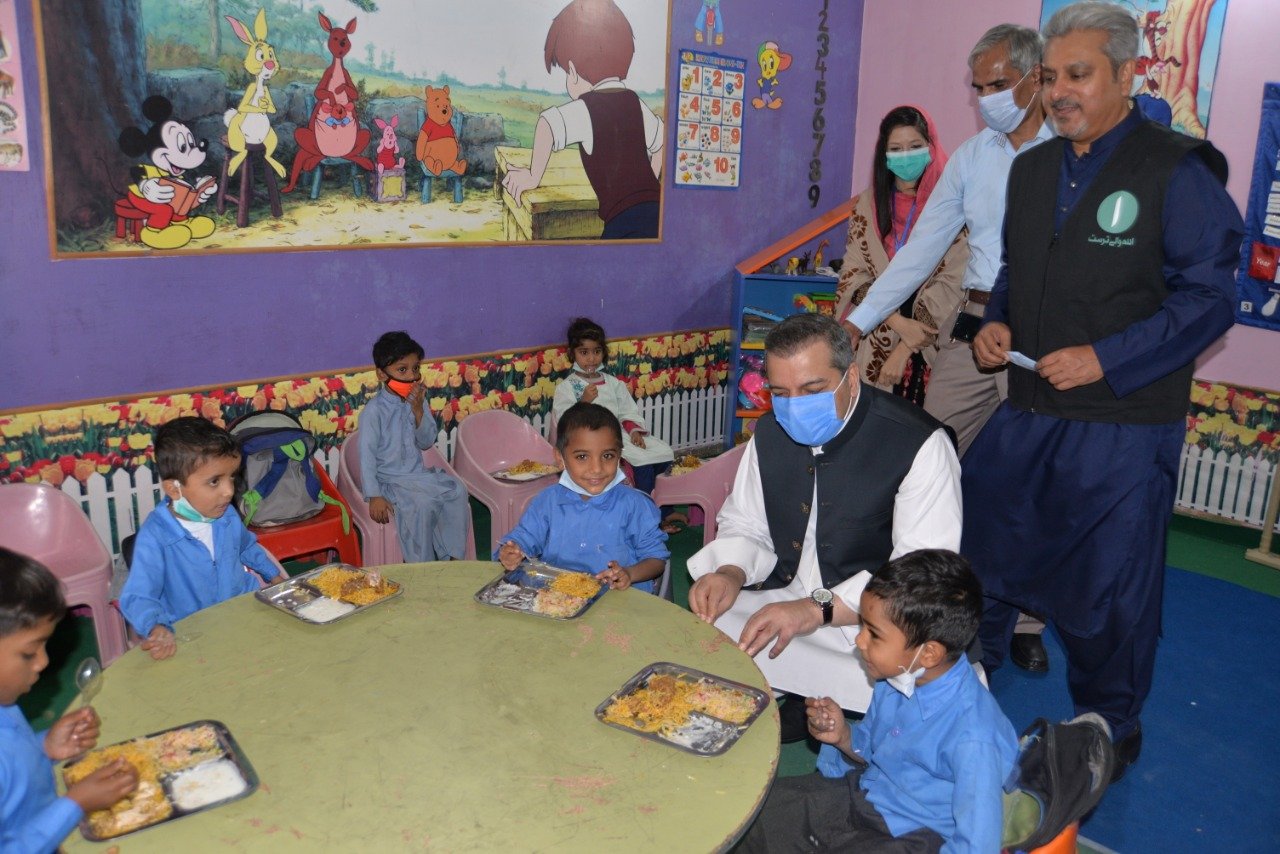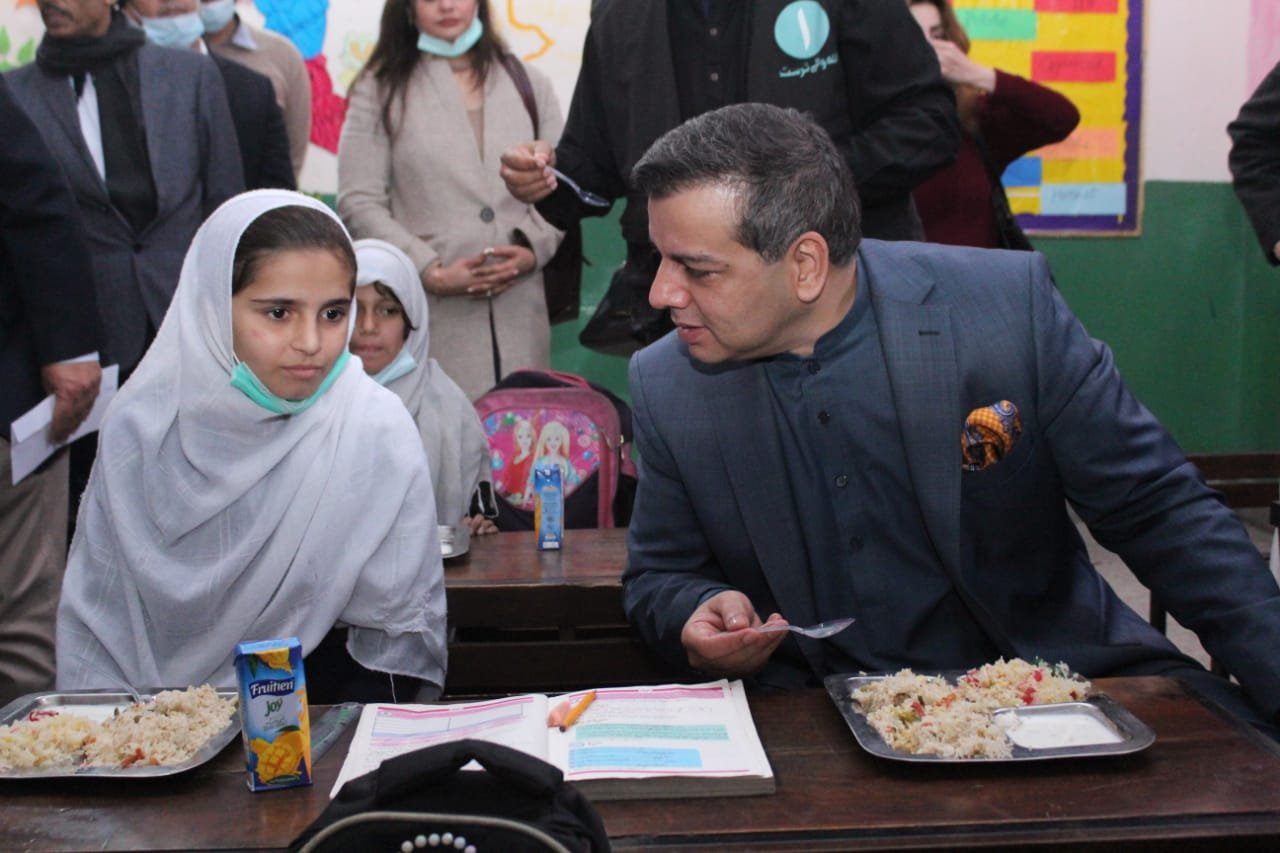
Access to nutritious food is the basic right of every individual, especially children. Research has shown that there is a direct correlation between a child’s access to healthy and nutritious food and his or her education and learning outcomes. Lack of nutrition leads to challenges in the cognitive, physical, and mental development of young children.
Deficiencies in various vitamins and minerals, like iron, thiamine, vitamin E, vitamin B, iodine, and zinc, are known to inhibit a child’s ability to realize his or her full potential both for themselves and their communities. Investment in the human capital development of children is the most effective and productive investment that the state and communities can make.
Pakistan as one of the developing countries is battling with major economic disparities between different segments of our society. As a result of stark socioeconomic inequalities, children from poor income backgrounds have been suffering from malnutrition, which results in stunted growth and repressed ability to leap out of the vicious cycle of economic insufficiency.

One of the PTI government’s keys focuses has been to uplift these disadvantaged communities and invest in the children as they are the ones who will be leading the country’s future. For this to materialize it is crucial that the state build a strong and high-delivery education system with the goal of amplifying the concept of human capital investment in our children.
In order to address this issue the School Education Department (SED), initiated the School Khana Program in early 2020. Under this initiative students in primary schools are being provided free mid-day meals to help meet their daily nutrition needs.
Given the scale of the issue, the limited resources government has, and their priority to ensure sustainability for every intervention, they have called on the private sector to collaborate and support them, and according to them so far they have received an overwhelming response.
The ongoing phase of the School Khana Programme is being implemented via the District Education Authority Lahore in collaboration with Allah Wallay Trust, a local charity organization focused on providing free meals to students of primary schools. In Lahore, the government has engaged the private sector to collaborate with this charity organization to further expand its outreach.
Unfortunately, due to the ongoing Covid-19 pandemic and the resultant closure of schools in between, the pace of this program was impacted. Despite this the results for the primary schools in Lahore where the School Khana Program is underway are quite impressive, showing tremendous improvement in students’ health and learning outcomes.
According to the data collected so far from just 10 schools, the revised BMI of students saw a 77 percent healthy upturn. Even the students that are still ‘underweight’ as per standards have shown improvement from their initial measurements. With betterment in basic health of their students these schools have also seen an average increase of 33 percent in their attendance as well. These schools have experienced 98 percent student retention, which has remained a problem in public schools.

Currently, the free mid-day meal is being provided in 30 schools in Lahore and Murad Raas, the Provincial Minister of Punjab for School Education’s goal is to expand the School Khana Program to the rest of the province over time. Punjab has one of the largest education systems in the world, therefore, sustainable implementation of initiatives like these requires innovative approaches for resource optimization. It is crucial that every segment of the society contributes to their full capacity.
This is where the public-private partnership can play a very positive role, and the Minister invites the private sector to come forward and through their CSR branches contribute to the uplift of our future generations. For this specific program, they can collaborate with the Allah Wallay Trust or directly adopt schools through District Education Authorities and take care of their mid-day meal.
This initiative’s success depends on uniting behind practical ideas that will not only solve our multi-pronged problems but also trailblaze us towards unprecedented progress.



